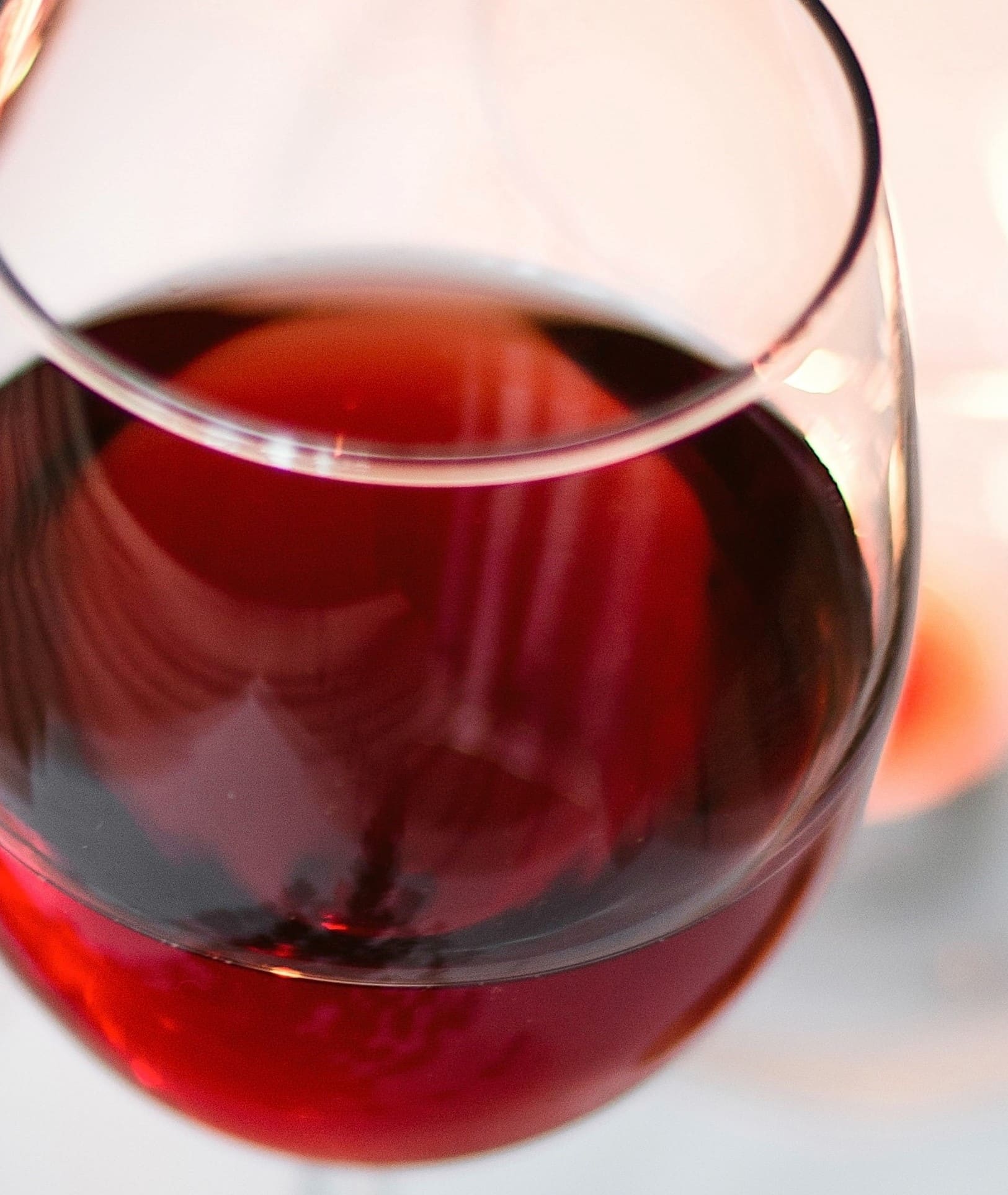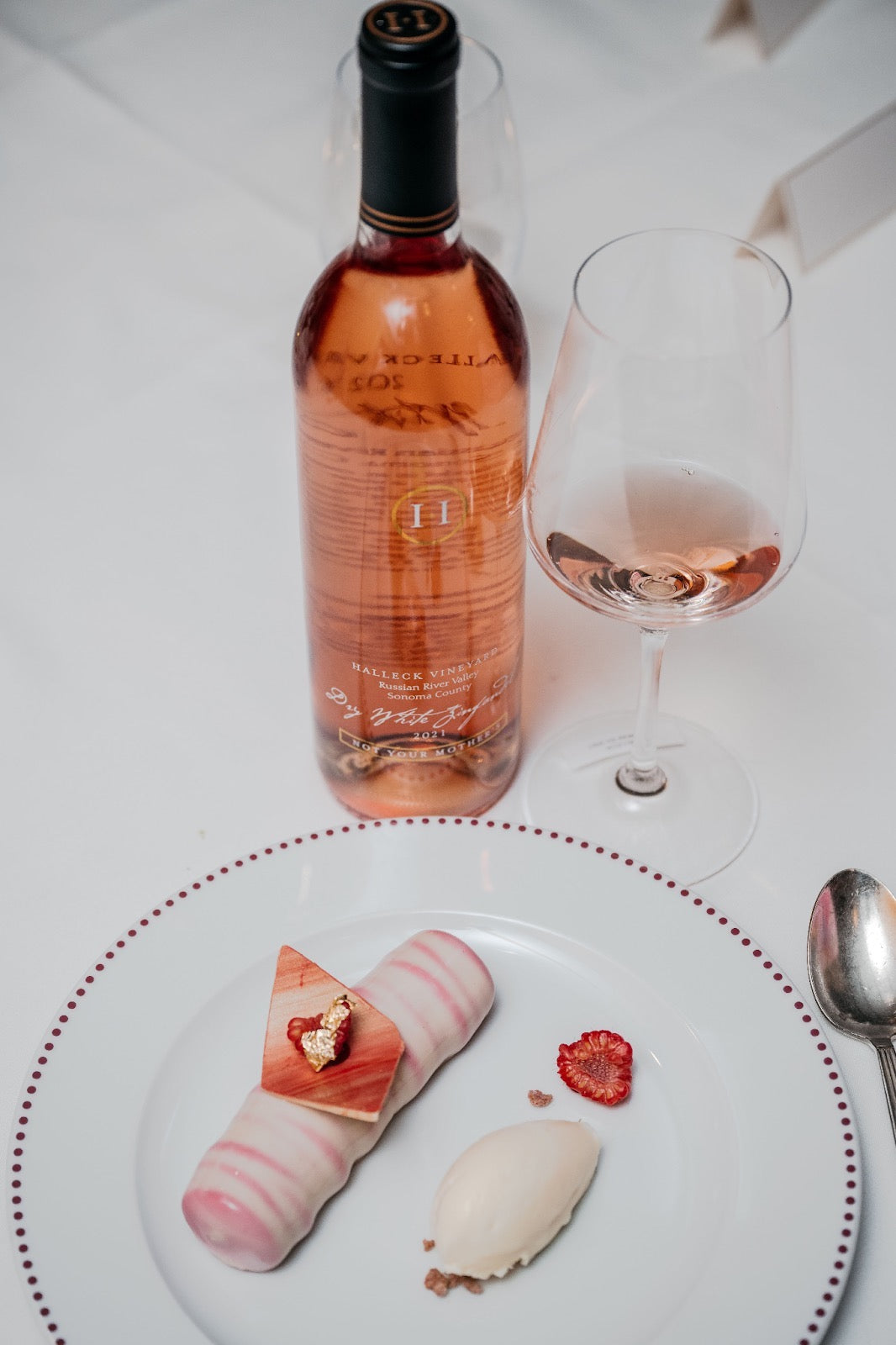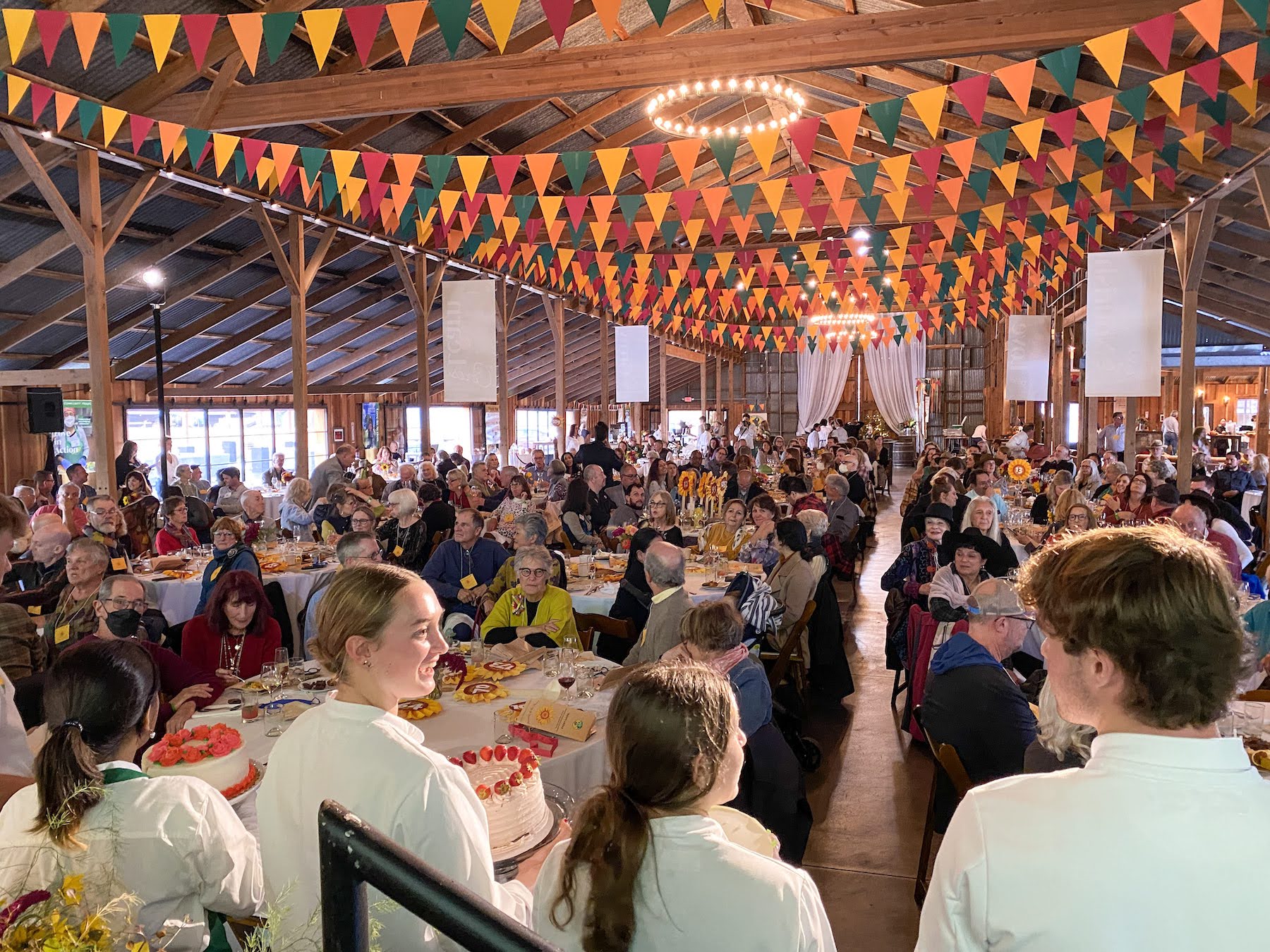Wineries With Artisan Chocolate Pairings In Sonoma - Sonoma's Hidden Winery Gems
Wineries With Artisan Chocolate Pairings In Sonoma - Sonoma's Hidden Winery Gems
Blog Article
Vineyard Picnic Spots In Sonoma Valley - The Charm Of Sonoma Wineries
Wine tasting is usually regarded as an art kind, one that goes past merely enjoying a beverage. It embraces a posh interplay of flavors, aromas, and textures that requires dedicated practice to actually grasp. Many who enterprise into the world of wine tasting rapidly realize that it includes rather more than just sipping wine. Bettering sensory skills by way of devoted winery wine tasting can elevate the experience, reworking a casual drinking occasion into a sophisticated exploration of the senses.
At a fundamental stage, wine tasting engages the senses of sight, scent, style, contact, and even sound. Every component performs a crucial position in appreciating the nuances of a wine. When one first pours a glass of wine, the wealthy hues can present initial insights into its age and varietal. Observing the colour and readability helps kind expectations concerning the wine's flavor profile. Many don’t fully recognize how this visible evaluation can set the stage for what is to comply with.
The subsequent step is to have interaction the sense of scent. Swirling the glass aerates the wine, allowing its unstable compounds to escape and fill the air with its bouquet. The nostril entails some fascinating layers—different aromas can sign various aspects of the winemaking course of, together with the type of grapes used, fermentation methods, and getting older conditions. Creating a eager sense of scent is usually a game-changer in wine tasting.
Quaint Wineries In Picturesque Settings In Sebastopol - A Visit To Sebastopol Wineries
To improve this sensory skill, wine enthusiasts are often encouraged to take part in devoted tastings at wineries. These tastings permit individuals to focus solely on the sensory experience (Wineries That Offer Food Trucks On Weekends). Tasting periods led by knowledgeable sommeliers or winemakers can provide insights into identifying distinct aromas. Studying to distinguish between floral, fruity, earthy, and spicy notes can empower a taster to articulate their experience with larger precision.
As one practices their sensory talents, they might discover that their style preferences evolve. This transformation often occurs after multiple tastings. A wine that originally seemed overwhelming would possibly reveal hidden layers of complexity with a bit of experience. Understanding the means to isolate particular person flavors similar to acidity, sweetness, bitterness, and umami contributes substantially to the overall wine experience.
One Other important component in bettering sensory skills is the context by which wine is tasted. Environmental factors like temperature, lighting, and even the corporate current can influence perceptions. At a winery, an optimum setting can reduce distractions and allow a more profound exploration of the wine (Historical Wineries To Visit In Sonoma). Working Towards aware tasting techniques encourages a extra immersive experience, allowing tasters to hone in on their senses.
It is not solely about individual perception, although. Partaking with others throughout a tasting also can enhance sensory skills. Sharing notes and discussing impressions fosters a deeper understanding of the wine. This collaborative method encourages individuals to articulate their sensory experiences, thereby broadening their linguistic repertoire associated to wine tasting.
Innovative Wine-Making Techniques In Sonoma Valley - Sebastopol Wine Country Vineyards Adventure
Additionally, pairing wine with food can significantly improve the tasting experience. Completely Different mixtures can bring out distinctive flavors in each the wine and the dish. As one tastes a wine alongside particular foods, they can begin to acknowledge how certain elements within the wine complement or contrast with what they are consuming. This skill of pairing is another layer that enriches sensory development.
Coaching one’s palate can involve quite so much of exercises. Some enthusiasts have interaction in systematic tasting experiences, sampling a variety of wines that showcase different varietals, areas, or vintages. Exploring this variety can sharpen the ability to discern nuances throughout totally different wine profiles. Over time, this practice builds a mental library of flavors that can be accessed throughout future tastings.
Notably, written notes serve a twin function: organizing one’s thoughts and reinforcing reminiscence. By writing down observations about each wine, tasters can track their have a peek at this website progress over time. Detailing the traits of wines assists in solidifying knowledge, finally deepening one’s appreciation of what they consume.
Moreover, attending workshops or classes focused on sensory analysis can be beneficial. Many wineries supply these educational applications to help people refine their skills. Often, educated instructors guide participants via structured tastings, specializing in particular parts of the wine. This stage of education reinforces the sensory skills asynchronously and challenges tasters to contemplate their experiences from different angles.
Upcoming Wine Festivals In Sonoma County - Exploring Sonoma's Wine Landscape

Over time, the dedication to enhancing sensory skills by way of dedicated winery wine tasting can yield significant rewards. The enjoyment derived from wine becomes layered and multifaceted. No longer limited to a simple choice for "purple" or "white," tasters start to understand the tales behind each pour. They cultivate a palette able to navigating the complex panorama of flavors with confidence.
In conclusion, the journey of enhancing sensory skills by way of devoted winery wine tasting is as rewarding as it's gratifying. It requires focus, dedication, and a willingness to learn, however the outcomes far exceed the preliminary effort. By engaging a number of senses and participating in thoughtful discussions, individuals not only turn out to be more proficient at identifying flavors but also develop a deeper appreciation for the craftsmanship behind every bottle. The course of transforms wine from a mere beverage into a rich tapestry of sensory exploration that beckons enthusiasts to delve deeper. As skills enhance, so too does the enjoyment, enriching life experiences one sip at a time.
Wineries With Unique Wine Blends - Sonoma's Premier Wine Tasting Events
- Participating the palate through numerous wine varieties enhances the flexibility to distinguish flavors and aromas, refining general sensory perception.
- Collaborating in guided tastings promotes focused attention on delicate traits of every wine, nurturing important tasting skills.
- Studying to identify particular grape varieties fosters a deeper understanding of terroir, which aids in recognizing regional flavor profiles.
- Incorporating food pairings during tastings can heighten sensory awareness, as completely different tastes can influence each other and alter perceptions.
- Training the art of swirling and nosing wines permits individuals to connect olfactory cues with style, enhancing the flexibility to articulate sensory experiences.
- Attending workshops that emphasize blind tastings trains members to rely purely on their senses somewhat than preconceived notions, enhancing objectivity.
- Elevating sensory skills can lead to better wine choice abilities, empowering people to make informed selections primarily based on personal preferences.
- Partaking with knowledgeable sommeliers provides insights into wine-making processes, which deepens sensory appreciation and enhances vocabulary for describing wines.
- Regular participation in tastings encourages memory improvement of flavors and aromas, aiding in the formation of a customized sensory profile over time.
- Sharing tasting experiences with peers fosters discussion, promoting communal learning that can improve particular person sensory skills by way of collaboration.undefinedWhat is the aim of bettering sensory skills by way of wine tasting?

Enhancing sensory skills via wine tasting allows people to enhance their ability to establish and respect the various aromas, flavors, and textures of wine. This heightened sensory consciousness can lead to a deeper understanding of wine and an overall enriched tasting experience.
Wineries With A Focus On Syrah - Sonoma Wine Tasting Recommendations
How can I develop my sensory skills at a winery?
You can develop your sensory skills at a winery by taking part in guided tasting classes that concentrate on particular varietals. Have Read More Here Interaction with educated workers who can present insights and encourage you to take notes in your impressions, enhancing each your observational and descriptive talents.
What should I anticipate during a dedicated wine tasting experience?
Wineries Promoting Sustainable Farming - Vines And Views In Sonoma Wine Country
During a devoted wine tasting experience, anticipate to pattern a selection of wines while receiving targeted schooling about each. You May be taught about the winemaking process, tasting techniques, and how to discern totally different sensory traits, all in a relaxed surroundings.

Is prior information of wine essential to learn from a sensory skills workshop?
- Wineries Promoting Sustainable Farming
No prior information of wine is critical; the workshops are designed for all levels of experience. Newbies will discover useful data to build from, while seasoned tasters can refine their skills and broaden their palate even further.
How do sensory skills influence my total wine appreciation?
Family-Friendly Wineries Near Sebastopol - Discovering Sebastopol's Wineries
Enhancing sensory skills significantly enhances your total wine appreciation by allowing you to identify subtleties and complexities in wines. This deeper understanding enriches your tasting experience and helps you make knowledgeable choices based on personal preferences.
Are there particular techniques I should use whereas tasting wine to enhance my sensory skills?
Wineries That Host Harvest Festivals - Finding Good Wineries For Wine Tasting
Sure, using techniques such because the "SWOT" technique (Sight, Swirl, Odor, Sip, Savor) could be useful. Pay attention to the wine's appearance, aromatics, and mouthfeel, and take your time with each sip to fully explore the flavors and sensations.
What type of wines are usually included in sensory skills tastings?
Usually, sensory skills tastings embrace a wide selection of wines that showcase totally different regions, varietals, and styles. This range helps individuals identify distinct traits and enhances their capability to differentiate between wines.
Can sensory skills workshops be personalized to my tasting interests?
Elegant Wine Tasting Locations In Sonoma - Craft Wineries In Sonoma
Many wineries offer personalized options for sensory skills workshops, allowing you to focus on particular forms of wines or themes that interest you, such as organic wines or unique regional choices. It Is finest to inquire instantly with the winery for tailor-made experiences.
Is there a method to practice sensory skills after leaving the winery?
Sure, you'll have the ability to practice your sensory skills at home by tasting totally different wines and maintaining a tasting journal. Experimenting with numerous food pairings and aromatics can further enhance your understanding of how flavors work together, reinforcing the abilities gained on the winery. Report this page